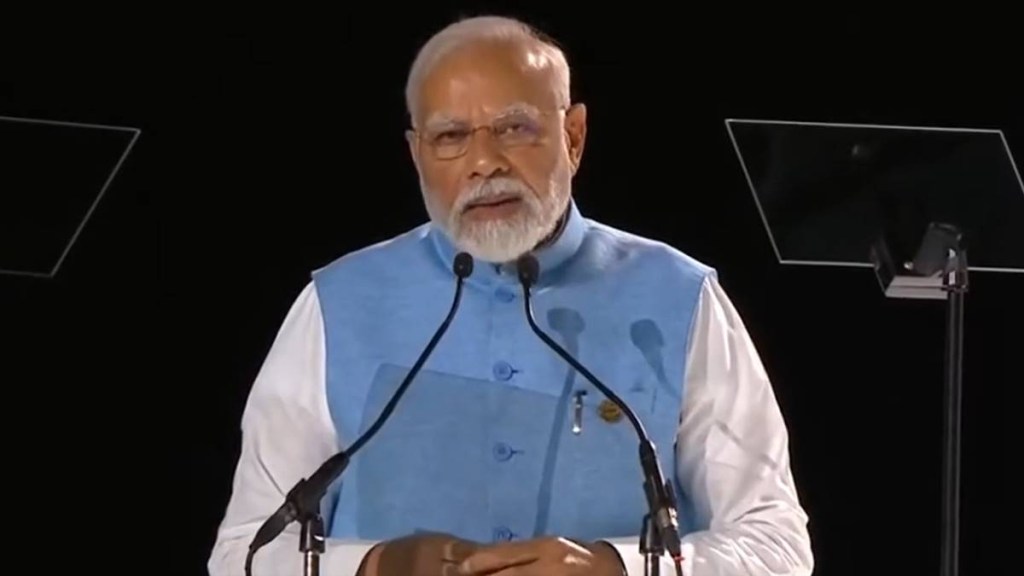Prime Minister Narendra Modi‘s three-day official visit to South Africa for the BRICS (Brazil, Russia, India, China, and South Africa) summit has sparked anticipation and attention on various fronts. As he stepped onto South African soil, the world’s gaze fixed upon the potential meeting between Modi and Chinese President Xi Jinping. This pivotal event takes place against the backdrop of the BRICS summit in Johannesburg, where global leaders congregate to discuss vital issues.
The meeting of Modi and Xi at the Leaders’ Retreat on the summit’s sidelines marks a moment of diplomatic intrigue.
Observers and analysts are scrutinizing the interaction for signals of cooperation, tension, or recalibration between two Asian giants who wield significant influence on the world stage.
BRICS Business Forum
In his address at the BRICS Business Forum leaders’ dialogue, PM Modi conveyed India’s resolute commitment to transform itself into a developed nation by 2047 and extended an open invitation to the global community to actively partake in India’s voyage of progress. The COVID-19 pandemic, a shared global experience, has illuminated the importance of resilient and inclusive supply chains. Modi’s call for building mutual trust and transparency in supply chains underscores the collaborative approach necessary to weather the challenges of the modern world.
Focusing on India’s economic prowess, Modi exuded confidence that the country is poised to become a USD 5-trillion economy in the near future. He highlighted the government’s “mission-mode” reforms, which have ameliorated the ease of conducting business in India. Notably, the Prime Minister celebrated India’s thriving startup ecosystem, which stands as the third-largest in the world and boasts an impressive roster of over 100 unicorns.
Red Tape to Red Carpet
One of the most striking transformations Modi highlighted is the evolution from India’s notorious “red tape” to a welcoming “Red Carpet” for investors. This symbolic shift underscores India’s determined efforts to streamline processes, reduce bureaucracy, and create an environment conducive to business growth. Modi emphasized the striking economic growth in India over the past years and touted the widespread usage of digital transactions facilitated by platforms like the Unified Payments Interface (UPI).
Modi’s visit to South Africa bears the hallmarks of strategic diplomacy. The ceremonial welcome extended to him upon landing at the Waterkloof Air Force Base in South Africa was a testament to the respect and significance that his visit carries. His packed schedule includes participation in the 15th BRICS Summit and engagements with leaders from BRICS nations and invited countries. The summit’s theme revolves around cooperation and institutional development.
In his departure statement on Tuesday, Modi voiced the value of BRICS as a platform for discussing global concerns and reforming the multilateral system. The summit offers a timely juncture for BRICS members to deliberate on areas of collaboration and shape their shared trajectory. Modi’s bilateral interactions in Johannesburg are poised to play a crucial role in solidifying India’s diplomatic standing and fostering alliances that align with India’s strategic priorities.
Travel to Greece
From Johannesburg, he travels to Athens, Greece, where he will engage with Greek Prime Minister Kyriakos Mitsotakis. The historic ties between India and Greece, dating back over two millennia, are set to be rekindled and reinforced. This visit holds the promise of deepening cooperation in trade, investment, defense, and cultural exchanges.

